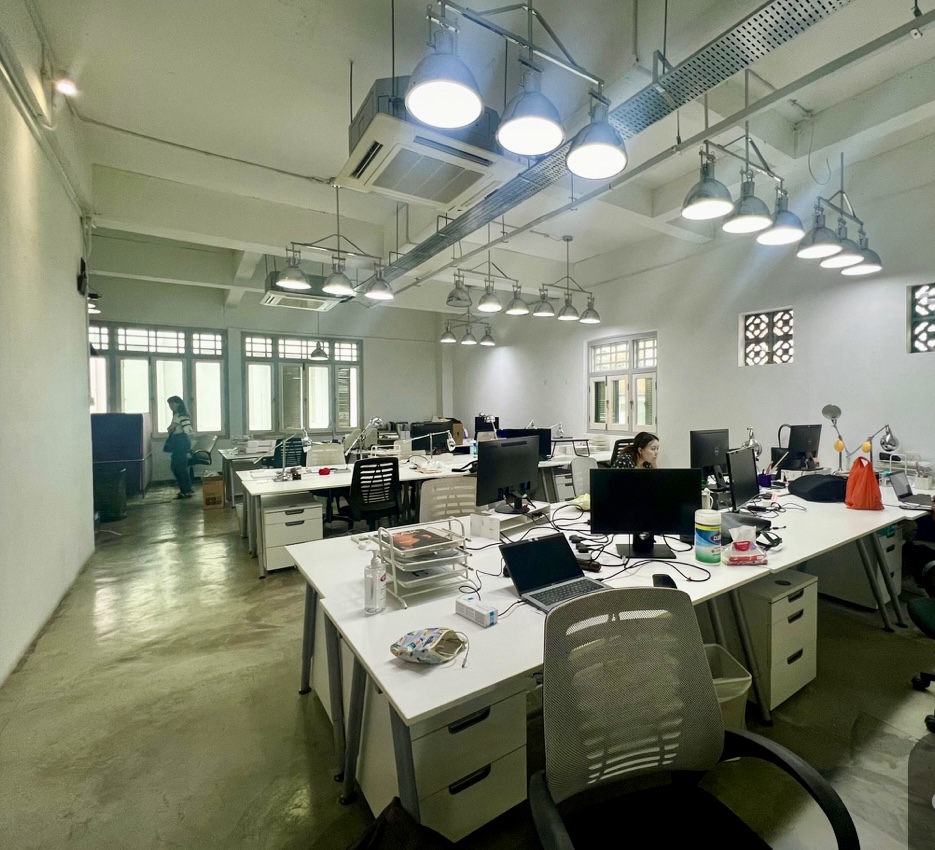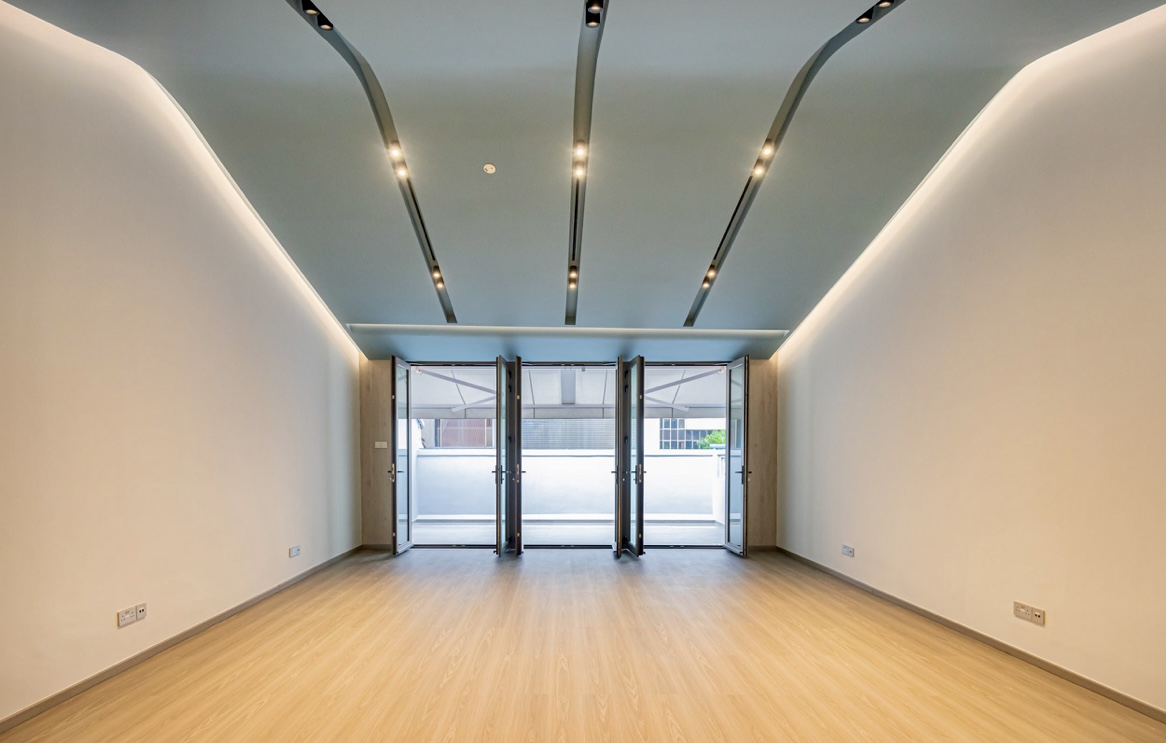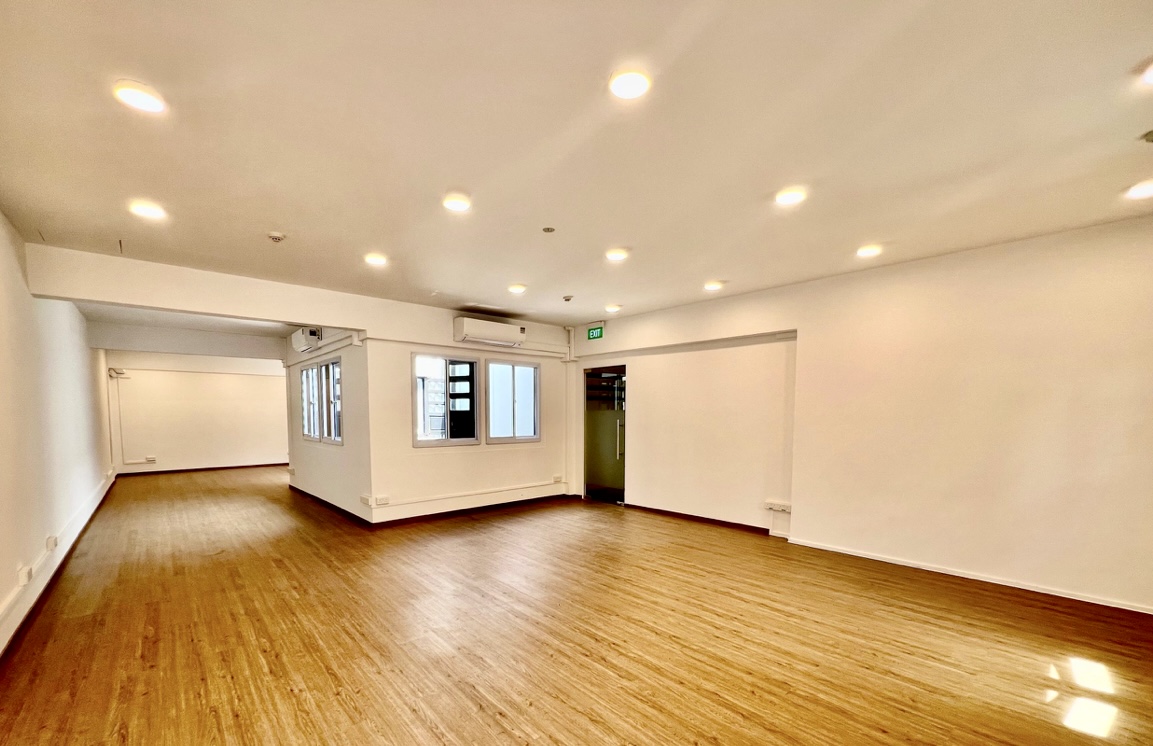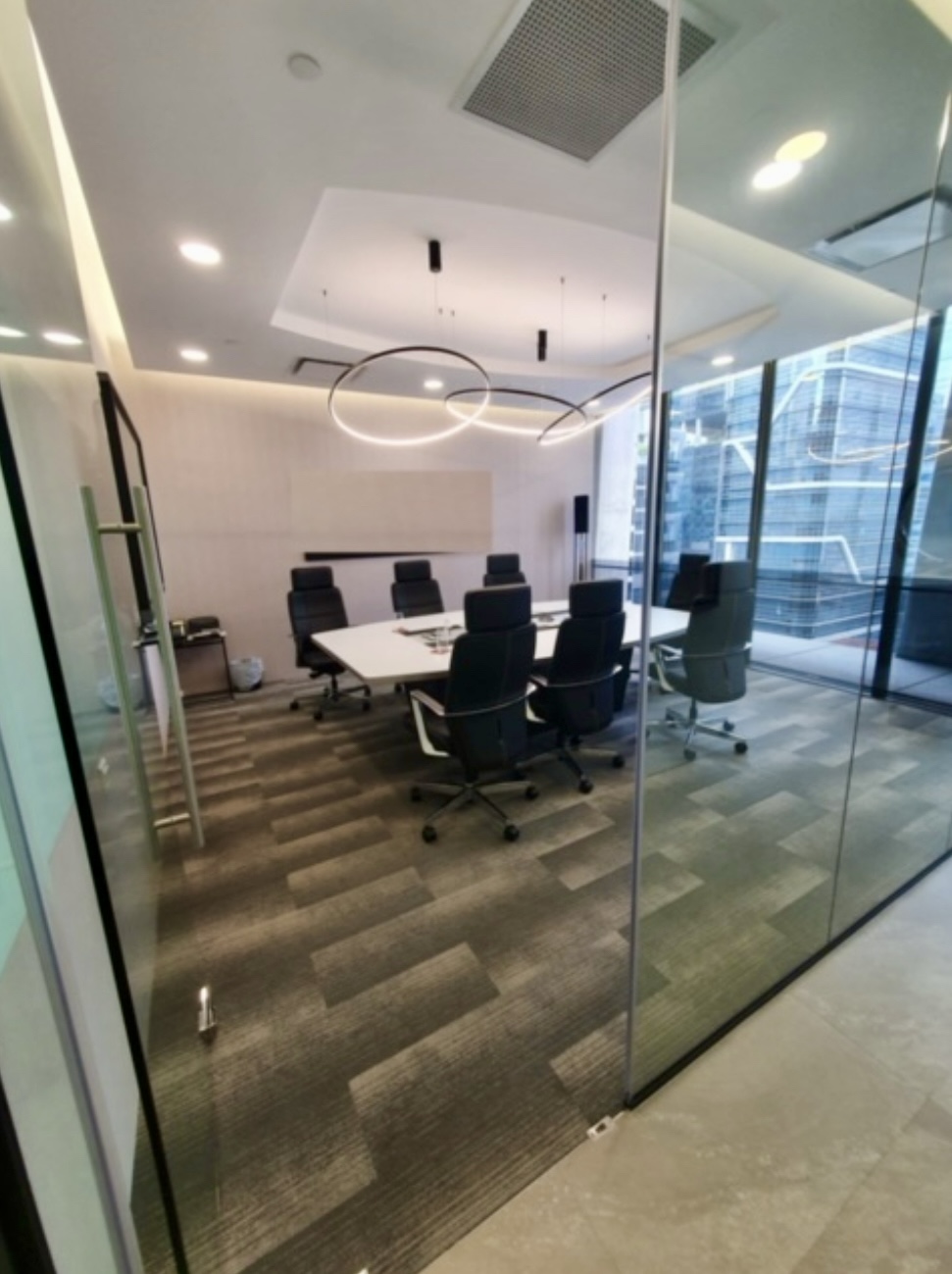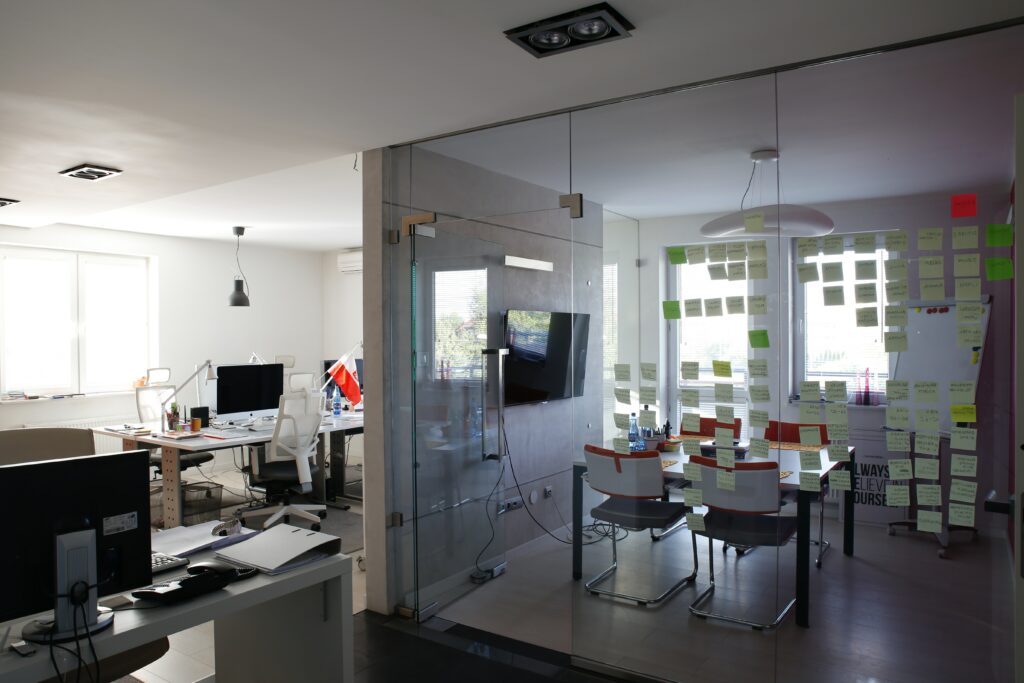Signing an office lease agreement is a significant commitment for businesses. This guide focuses on crucial considerations to bear in mind before signing an office lease agreement. It covers hidden costs, financial penalties for early terminaSigning an office lease agreement is a significant commitment for businesses. This guide focuses on crucial considerations to bear in mind before signing an office lease agreement. It covers hidden costs, financial penalties for early termination, usage restrictions, insurance coverage requirements, and potential disruptions from construction or renovation projects. By understanding these factors, tenants can make informed decisions, effectively manage their leases, and foster positive relationships with landlords. The guide provides:tion, usage restrictions, insurance coverage requirements, and potential disruptions from construction or renovation projects. By understanding these factors, tenants can make informed decisions, effectively manage their leases, and foster positive relationships with landlords. The guide provides:
- Valuable insights for navigating office leases.
- Asking the right questions.
- Ensuring lease terms align with business needs.
Approaching the leasing process with diligence and knowledge will set the stage for a smooth and successful experience.
Today, I will discuss crucial considerations to beware of before signing the office lease agreement, also known as the Tenancy agreement in Singapore. The first question I’d like to address is whether there are any hidden fees or additional costs associated with the office lease that tenants should be aware of, such as maintenance fees, utility charges, or property tax.
To begin, the rental for the office building typically includes maintenance and service charges. The rental fee covers common areas, including the building entrance, corridors, and shared toilets. The rental usually includes central air conditioning, but individual control over the air conditioning may need to be provided. Another component to consider is the property tax. While the landlord is responsible for paying the property tax, they can pass on any increases to the tenant.
Another potential cost to be aware of is the legal and administration fees, which can vary depending on the building owner. It could range from $500 plus GST to a few thousand dollars, mainly if the owner engages an external lawyer. However, if the owner has an in-house lawyer, it tends to be more cost-effective.
Furthermore, there may be hidden costs related to renovation. This includes renovation deposits and potential fees for complying with building regulations before commencing any renovations. Additionally, engaging the building’s approved contractors and obtaining necessary approvals for specific renovation items may incur additional costs.
Usually, one of the hidden costs related to renovation is the requirement for tenants to use the building’s appointed contractors, such as the air conditioning contractor, fire protection system contractor, licensed electrical worker, mechanical and electrical contractor and structure engineer. This is primarily for the safety and maintenance of the building. Landlords typically prefer tenants to utilize their appointed fire contractors to ensure proper care of the fire systems. Additionally, the building management-appointed contractor may charge higher rates for services provided than a tenant’s preferred contractor. However, if this poses an issue, it is advisable to discuss it with the building management, as they may have solutions on a case-by-case basis.
Regarding other potential hidden costs, apart from taxes, a common question arises about service charges. The reason for an increase in service charges is typically related to the management council or the building management needing to engage additional companies to meet specific standards or implement new systems, particularly in older buildings. However, landlords are generally cautious about increasing service charges throughout the lease period, preferring a different outcome. One reason for service charge increases is the significant rise in utility bills in Singapore, which landlords may find challenging to shoulder and pass on to the tenant. The increase can range from $0.20 to $0.50, depending on the state of the building.
Regarding utilities, tenants usually apply with the preferred utility companies with which the landlord has signed contracts, such as Senoko or Tuas Power. This is because landlords can obtain better pricing for utilities through bulk purchases. However, if the landlord still needs to implement such arrangements, they may receive utilities from Singapore Power (SP).
Next, discuss the penalties or financial implications of terminating the lease. Unfortunately, in Singapore’s commercial lease agreements or “tenancy government,” there are typically no pre-term termination costs. Tenants are obligated to fulfil the lease term they have signed. If a tenant chooses to terminate the lease early, they will usually have to continue paying rent until the end of the lease term. This is the financial implication for the tenant unless there are specific conditions under which the lease can be terminated without penalty.
However, landlords generally want to avoid seeing tenants facing financial difficulties or bleeding money. They prefer to maintain a harmonious relationship and would often assist tenants in finding replacements for their space. Landlords understand that companies may need to do better, may experience a change in direction, or may be acquired by another company, resulting in no need for the space. In such cases, landlords are often willing to work with the tenant to find a replacement, especially if the space is already fitted out. This helps the landlord avoid keeping the space vacant. It is essential to obtain the landlord’s consensus and agreement to terminate the lease upon finding a replacement tenant. The outgoing tenant will typically bear fees such as the fitting-out period, agent commissions, legal fees, and rental differences.
Let’s explore any restrictions or limitations on modifying or customizing the office space to suit specific business needs. Generally, for an office space, customization is allowed. However, the main concern is to ensure that any renovations or modifications comply with fire safety regulations and other authority requirements. Fire safety regulations may change regularly, so it’s crucial to engage a contractor who stays updated on these regulations to avoid unnecessary back and forth with the building management. Apart from fire safety, there are a few limitations. However, suppose you plan to have a wet pantry or other modifications. In that case, you should check with the building management to ensure they can accommodate your requests without causing disruptions or issues for other tenants. Additionally, it’s essential to consider the availability of state-of-the-art IT infrastructure, such as server rooms or cooling systems, which can be discussed with the building management to determine feasibility and associated costs based on your specific requirements.
Let’s move on to the next question, which is the fourth one. Are there any restrictions on office space, such as operating hours or limitations on certain businesses? Not all companies indeed work the traditional 9-to-6 or 8-to-5 hours. Some companies may have different operating hours, starting at 10:30 AM or ending at 6:30 PM. The restrictions, if any, usually come from the building itself and its infrastructure, particularly the air conditioning system. If the office space has centralized air conditioning, there might be limitations. However, the office offers more flexibility if it controls individual air conditioning. It’s worth noting that personal possession of air conditioning is usually not included in the rental fee when centralized air conditioning is provided. The additional charge for individual control is typically around 30 to 35 cents per square foot. Another restriction to consider is the designated usage of the space. If you intend to use the office space for purposes other than office-related activities, such as schools or gyms, you must seek approval from the Urban Redevelopment Authority (URA). You can visit the URA website, search for the master plan and your building name, and contact the relevant officer via email. They will respond to your inquiries promptly.
Moving on to the following question: What insurance coverage is required for the office space, and who is responsible for providing it? Generally, the insurance coverage needed would be determined by the landlord. Some landlords may require a range of 1 million or 2 million, while others may only ask for sufficient coverage for your own company. The specifics of the insurance coverage can vary on a case-by-case basis in the tenancy agreement. Usually, the tenant is responsible for purchasing joint name insurance with the landlord. This is done to avoid disputes in the event of a third-party claim, as they would typically claim against the tenant and potentially extend the claim to the landlord. Landlords and tenants aim to maintain a good relationship and avoid such disputes, so joint insurance is often preferred. However, consulting with an insurance advisor regarding the process, associated costs, and specific requirements is advisable. You can engage your preferred general insurance agent, who can guide you through the process based on your needs and assets in the office, such as tables, chairs, and fittings.
Now, let’s address the last question: Are there any upcoming construction or renovation projects planned within the building or surrounding area that may impact business operations or access to the office space? Construction or renovation projects occasionally happen in the CBD area, where office spaces are located. However, building management usually strives to maintain specific standards. Other buildings might undergo renovation, alteration, additional work, or refurbishment, which may cause temporary disruptions, such as changes in access routes or some dust. These disruptions are typically managed to minimize inconvenience, and as the renovation progresses, they will try to restore regular access. Noise restrictions are also in place, both during the day and at night, as residents are in the CBD area. The Building and Construction Authority (BCA) has specific regulations regarding noise pollution, which can be found on its website. Soundproofing measures are often implemented to mitigate noise, and high-tech machines are sometimes used to reduce noise levels, especially for projects around the CBD area. For further information, you can visit the BCA website.
In conclusion, understanding these crucial considerations before signing an office lease agreement can help tenants make informed decisions, avoid unexpected costs, and ensure a smooth leasing experience. It is advisable to carefully review the terms and conditions of the agreement, seek clarifications when needed, and consult relevant authorities or professionals for guidance.
Ready to transform your office space journey? Let's find your perfect workspace today.
Contact me, your dedicated office space expert, for personalized guidance and seamless relocations. Your ideal office awaits! 🏢✨






